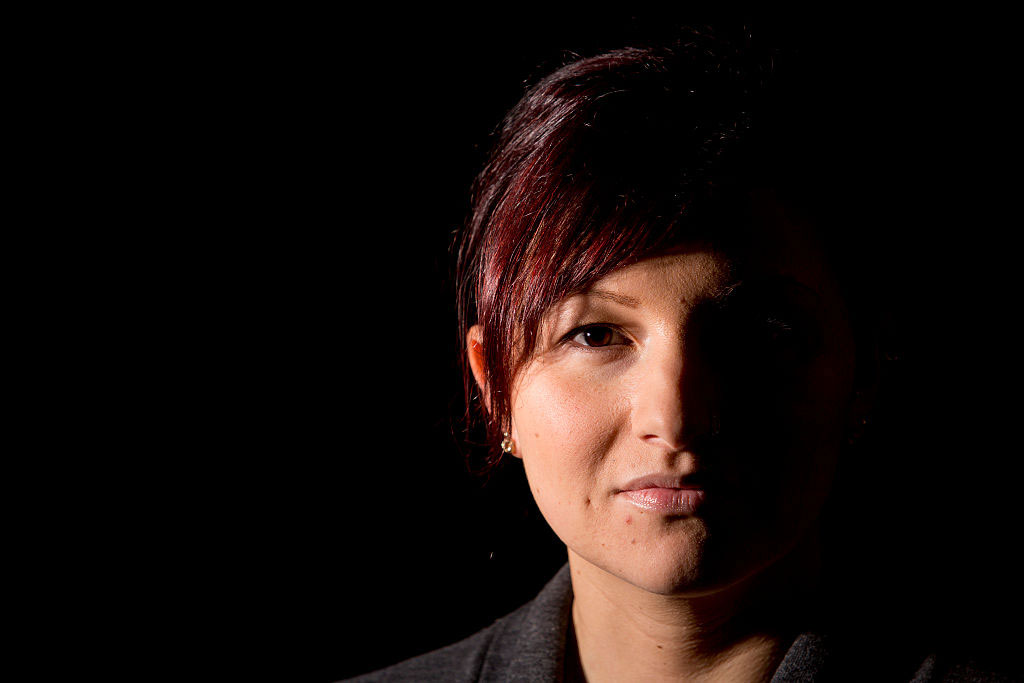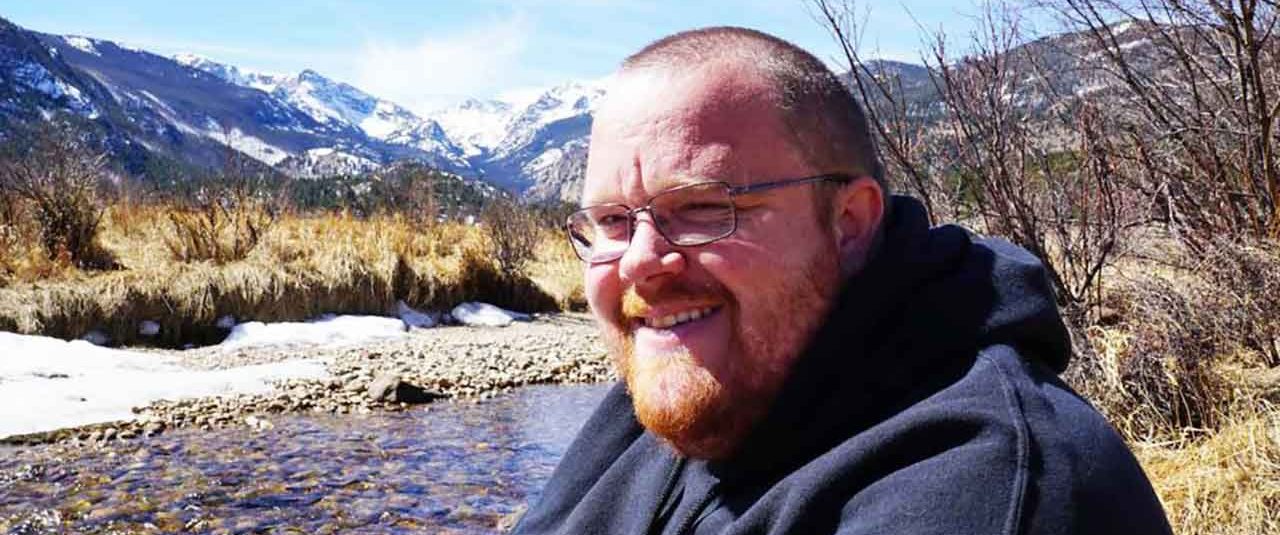January 11, 2018
The Stigma of Schizophrenia

Schizophrenia is a scary word. It connotes all manner of unstable things, from shooters to wild behavior to suicide risk to manipulation. These are all things that seem to fall under the schizophrenia umbrella somehow, and they all come to mind when you tell someone you have the disease. I don’t have to tell you that it’s probably not a good thing to bring up on a first date or at a job interview, and that is a shame because the scope of schizophrenia can be the basis for someone’s entire personality. It can be their “thing,” like anime or comic books or video games is someone’s “thing.” With all that in mind, there’s no wonder why there’s still a great deal of stigma attached to mental illness.
I think the main reason people are scared of schizophrenia is because it seems so easy to fall into it, just one bad day too much and you could easily find yourself in a mental hospital, or that’s how it seems to appear. I think it also hints at the underlying fragility that everyone innately experiences. We put on our masks for the world, but what’s lying underneath could easily send someone to the psych ward if they let on too much. People are afraid of being crazy. It’s even used as a go-to insult when talking about old flames or creepy people.
Stigma is essentially the set of thoughts that come to mind unconsciously when someone hears about something that’s wildly different from their own experience. That’s why it’s so hard to combat. It’s an unconscious process. It’s not just a matter of being nice or sweet; when you hear the word schizophrenia, you still have the deep twisting in your gut about not only the potential of insanity but also that the person you’re speaking to has shot up a mall or killed somebody. Anyone worth their salt wouldn’t say anything as such, but they still think it and you can see it in their eyes and in their body language. There’s a hint of disgust on their face and a pulling back of the shoulders.
The truth is that people with mental illness are much more likely to be victims of violent crime rather than perpetrators and that, for every ounce of stigma we get, we feel more and more like a persecuted subset. It’s been said in mental illness corners that the stigma alone can be worse than the actual symptoms, and it has the potential to break apart families and communities because mental illness is essentially unseen. It’s like a ghost that haunts people as opposed to any other disease where there are physical ramifications. It’s also a mystery because you can’t see it in people and you can never know if there’s something there.
Telling people you have schizophrenia is like admitting you’ve killed your cat. Not that people with schizophrenia are violent in any sense of the word, but in the reaction you get from the people you tell. It can instantly kill an interaction and make things awkward and weird, and there’s the real possibility of no recovery from disclosing something like that unless the person you tell has some kind of experience with mental illness.
The truth is that we are kind people who are suffering, and we just want a good life. Stigma isn’t helping with that, but the only way we can combat it is by being more open about it. That’s why I write. I hope I’m doing my part.


